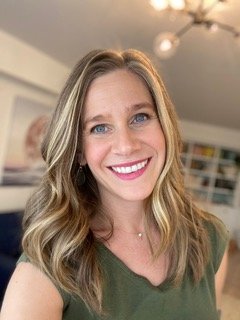
Ellen Vora, MD is a board-certified psychiatrist, acupuncturist, and yoga teacher, and she is the author of the bestselling book The Anatomy of Anxiety. She takes a functional medicine approach to mental health—considering the whole person and addressing imbalance at the root. Dr. Vora received her B.A. from Yale University and her M.D. from Columbia University. In her book Anatomy of Anxiety, she has a whole chapter on Food for Thought in which she shares her own personal story of discovering she had a food addiction.
Today she shares her journey to recovery with food and how that has influenced her professional career today. Namely, in how she treats the whole person, looking for places where states like anxiety and depression might be rooted in the body, whether it’s less-than-ideal nutrition and an out-of-whack gut, or poor sleep and breathing.
In This Episode, you Will Learn:
- Ellen’s personal story
- How food addiction plays a role in eating disorders
- How we need to watch out for contributing to eating disorders through a food addiction treatment modality
- The difference between true and false anxiety
- Why it’s important to treat false anxiety first
- The importance of a BOTH/AND approach in recovery: that multiple things can be true at the same time and that everybody has a right to their experience, regardless of what somebody else is experiencing.
- Why Ellen believes she can tolerate some of her addictive foods when she is in different countries and on different soil
- Does gut permeability combined with opiate-like addictive foods create a landscape for higher levels of food addiction in North America?
- Why do we have such a hard time asking for help?
- Why living in an Emotion-phobic culture can lead us to seek food rather than address our unmet needs
- How advertisers prey on our fear response which activates us into that unmet need scarcity mindset
- How do we get quiet to determine our needs in a world full of noise and adverse? Can you be radically intentional in the life choices you make?
- How do we find the middle in bringing the eating disorder world and the food addiction world together rather than them remaining so far apart and offering opposing treatments?